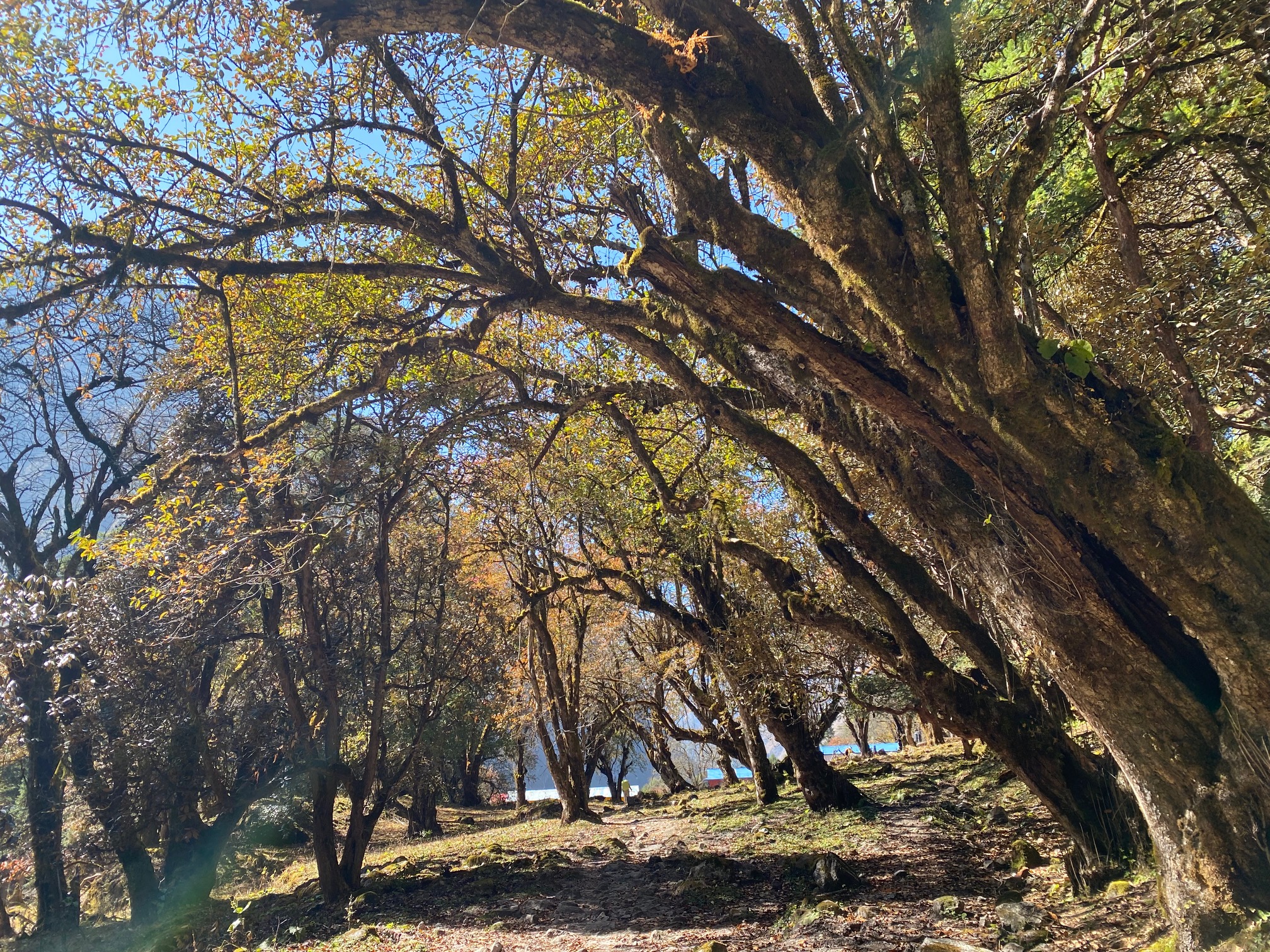What’s the Problem, Really?
Overshoot is eroding us. But without a clear definition of the problem, meaningful responses remain elusive. As we face a future shaped by escalating climate change and growing competition over resources, what exactly is holding back effective action?
Some argue that the problem is that climate science is still misunderstood. Others believe people simply aren’t aware of the solutions. Still others claim the real issue is human nature – too much greed, not enough empathy.
Below is our take.
The Real Barrier: Misaligned Perception
Our working hypothesis is this: There is insufficient desire for meaningful action, largely because people believe that the cost of acting outweighs the benefits. They consider the therapy to be more painful than the disease, particularly if others do not participate in the therapy. Hence many conclude that only globally coordinated action matters, and that their individual effort is too small to count.
In essence, they are convinced that we all are stuck in a “free-rider” dilemma, where individual interests are fundamentally at odds with collective well-being. It’s the classic scenario: everyone’s invited to chip in for the pizza, but many help themselves to a slice without paying. This mindset leads to inaction, as most sit back and hope others will bear the cost while they enjoy the benefits. Also, they believe their costly counter-actions only benefit others, and therefore aren’t worth it.
The good news? We are not at a pizza party. Rather, we believe there’s a more accurate and transformative way of seeing our situation, one where individual and societal incentives are aligned.
Let us explain.
Overshoot Is Our Context…
In the 21st century, humanity’s second-biggest threat is overshoot, our persistent overuse of the planet’s resources. The biggest threat is failing to respond.
Overshoot isn’t just the root of climate change, biodiversity loss, resource depletion, and deforestation. It also fuels stagflation [1], food and energy insecurity, health crises [2], and conflict.
…But It’s Not Your Burden
Overshoot is too large for any one entity, even the biggest nation, to reverse on its own. So instead of asking, “How can I fix overshoot?”, a more actionable question is: “How will I respond, given this reality?”
This reframes overshoot as a shared context, not your personal burden. And it’s a powerful one: overshoot will increasingly determine what works—and what fails—in our societies.
The Good News About Overshoot
Overshoot will end. The only question is how: by design, or by disaster.
Here’s the upside:
First, the less others prepare for the predictable reality of climate change and resource constraints, the higher your risk, whether you’re a household, business, city, or country. That means waiting for others to act offers no strategic advantage.
Second, and even better: The most successful actions are those that are replicable. Non-replicable actions (like moving to resource-rich, “out-of-the-way” New Zealand) won’t scale to 8 billion people. But replicable solutions, like home insulation, rooftop solar, ecosystem restoration, or urban densification, benefit both the early adopter and society at large. We call these responses “power of possibility”: They are good for the individual and good for the planet.
Two Central Insights to Focus On
Based on this perspective, our message centers on two key insights:
- Responding to overshoot is in your self-interest.
Contrary to the common “free-rider” view, we’re not trapped. Once cities, companies, and countries recognize that resource security is a core pillar to their own economic resilience and success, ecological necessity and economic logic converge. - The best responses are replicable, win-win strategies.
What’s most effective aren’t selfish bunker solutions. It is responses that boost your own resilience and can scale. They are things that are globally replicable. And such opportunities are everywhere.
In Summary
Recognizing overshoot doesn’t impose a burdens. It reveals insights about our own risks and opportunities. It’s directly relevant to strategy, whether you’re leading a community, company, city, or country.
We believe that ending overshoot by design requires desire. Meaningful action becomes possible when people want to act, when the desire runs deep. Action is seen not just as necessary, but as better than inaction.
This is also the central message of Earth Overshoot Day: It’s central message is not that “we ran out of resources.” Rather, it’s that the future has never been more predictable, a future defined by climate change and resource constraints. Those who prepare themselves for it, who prioritize resource security in their strategy, are setting themselves up for success. As a side-effect they also ease overshoot.
Footnotes
[1] What is Stagflation?
Stagflation combines inflation and stagnation. Overshoot drives inflation because resource scarcity makes it physically harder to restock shelves, raising prices. At the same time, it erodes the value of assets unfit for a climate-constrained world, leading to economic stagnation. Stagflation occurred in many countries during the oil crises of the 1970s but is avoidable, if a country responds meaningfully to overshoot.
[2] Health Crises and Overshoot
Densely concentrated populations, including domesticated animals, combined with global mobility increase the risk of disease outbreaks (e.g., swine and bird flu). Climate change also creates new habitats for disease vectors. Meanwhile, countermeasures like antibiotics are losing effectiveness as they’re overused.



